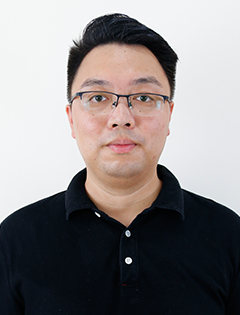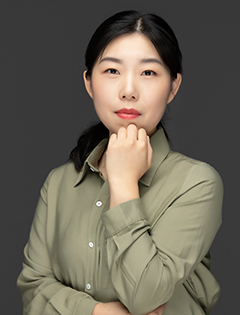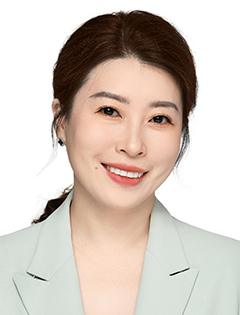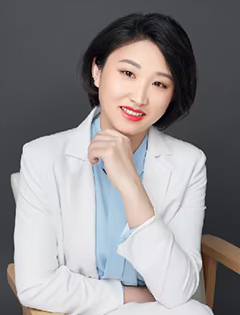
- Introduction
- Admission
- Integrated Programs
- Student Life
- Contact Us
- Join us



Authorized by the IB, Chengdu Meishi International School is an IB World School, offering the IB Continuum of the PYP, the MYP and the DP to our students. Chengdu Meishi International School is the only school in southwestern China that offers all three IB programmes.
A profile of our school at IB official website: www.IBO.ORG/EN/SCHOOL/003888The Diploma Programme (DP) offers leading curriculum framework which consists of six subject areas as well as Theory of Knowledge(TOK), Extended Essay(EE), and Creativity, Activity and Service(CAS). The DP is widely recognized as the top university preparatory programme and as a bridge to world’s top universities and colleges. The DP graduates will be gladly accepted by those world prestigious universities such as Harvard University, Yale University, University of Cambridge, and Oxford University.









The DP was authorized by the IB Organization in February 2009. The language of instruction is English. Textbooks are English versions. All of the DP teachers hold official IB training certificates as well as continuous professional development in CMIS. Most of our DP teachers are also IB examiners. CMIS adopts the same standard and assessment systems that are shared world-wide.
Since its founding in 2008, all of our DP graduates have been accepted by prestigious universities in U.S.A., the U.K., Canada, and Australia. For illustration, our students have gained admissions to excellent universities such as the University of Notre Dame, New York University and University of Southern California in USA; Durham University in the UK; University of Toronto and University of British Columbia in Canada; The University of Melbourne and The University of Sydney in Australia, and Waseda University in Japan.

Teaching Vice-Principal of Integrated Programs(PYP)

Integrated Programs MYP Coordinator
Australia Flinders university B.Sc.

Integrated Programs PYP Coordinator
Xi'an Fan Yi University

Assistant coordinator
First grade teacher (Primary and secondary school level)
IB Asia Pacific workshop leader